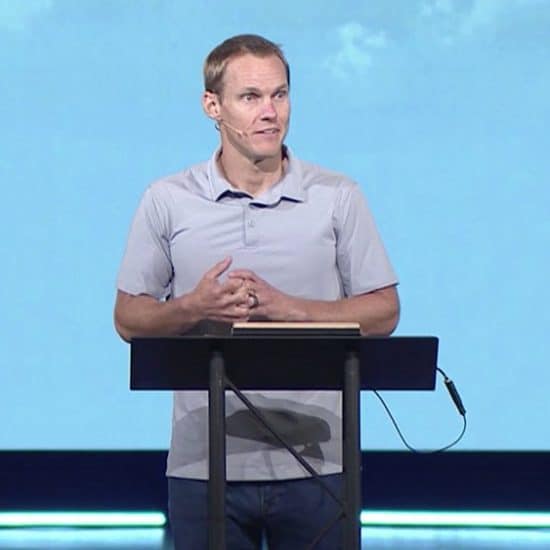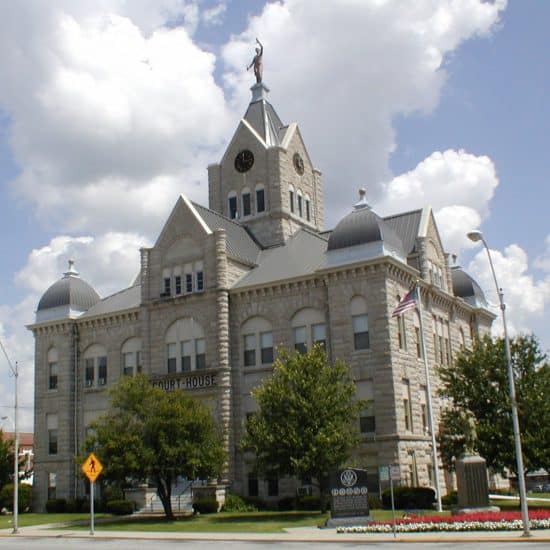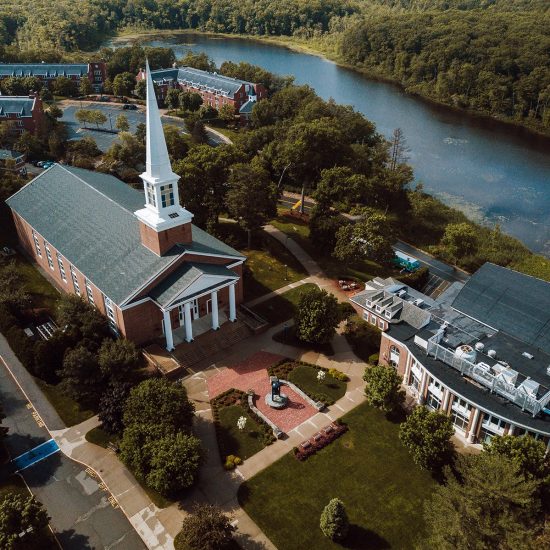By Vicki Brown, Word&Way News Writer
Jefferson City — A second lawsuit involving the Missouri Baptist Convention and five affiliated institutions has been deferred pending the outcome of an appeal.
At a hearing on April 5, Cole County Circuit Judge Richard Callahan decided to defer action on a lawsuit the MBC filed against Word&Way, Windermere Baptist Conference Center, the Missouri Baptist Foundation, Missouri Baptist University and The Baptist Home on Oct. 25, 2004.
However, Judge Callahan agreed to proceed with the defendants' joint motion to consider who has standing, or the legal right, to bring legal action on behalf of the convention.
The MBC and five individuals filed the lawsuit, even though the Executive Board and six affiliated churches have appealed a ruling by Cole County Circuit Court Judge Thomas Brown on March 11, 2004, in a similar action they filed on Aug. 13, 2002. The Missouri Court of Appeals for the Western District will hear oral arguments in that case on April 20 in Kansas City.
The five convention representatives include Robert Curtis, pastor of Ballwin Baptist Church and MBC president in 2001; Lyn Heying, a messenger from New Oakland Baptist Church, Ralls County; Mitchell Jackson, pastor of Miner Baptist Church, Sikeston, and current MBC president; James Moore, messenger from Concord Baptist Church, Festus; and James Plymale, messenger from First Baptist Church, Villa Ridge.
On March 11, 2004, Judge Brown ruled that the Executive Board and the churches – Concord Baptist Church, Jefferson City; Oakwood Baptist Church, Kansas City; Springhill Baptist Church, Springfield; and First Baptist churches of Arnold, Bethany and Branson, did not have standing to file the original suit. But his ruling did not clarify who has the legal capacity to bring legal action against the five corporations and to represent the MBC.
Judge Callahan set a hearing on the standing issue for June 1 at the Cole County Courthouse.
The judge also agreed to allow both sides to request a limited amount of discovery — take depositions and gather other information — to be used in their cases. Discovery will be restricted to issues surrounding the entities' adoption of new charters, possible discussion among the agencies about changing their articles of incorporation and the motivation for making changes.
The Baptist Home changed its charter in 2000 to allow it trustees, rather than the MBC to self-elect its board. In the past, The Home's board submitted a slate that messengers approved at the MBC annual meeting. The other four entities changed their charters in 2001.
MBC attorney Michael Whitehead told the judge that the second lawsuit "raises a number of new issues not raised in the prior case," including allegations of conspiracy among the five entities.
Whitehead called former MBC executive director Jim Hill a "key factor" in the five agencies' decisions to choose self-electing boards. The attorney said the MBC needs to be able to take depositions from Hill and others who convention leaders say participated in the alleged conspiracy.
If the convention would be allowed to pursue conspiracy claims through discovery, MBU lawyer Clyde Farris noted, the institutions should "have the right to examine the conduct of the Missouri Baptist Convention that led to the trustees' action." (04-08-05)





